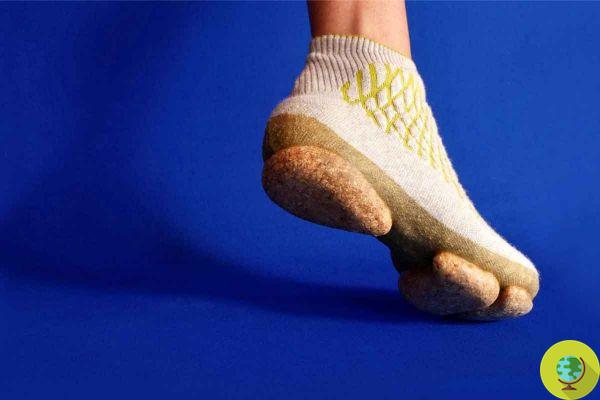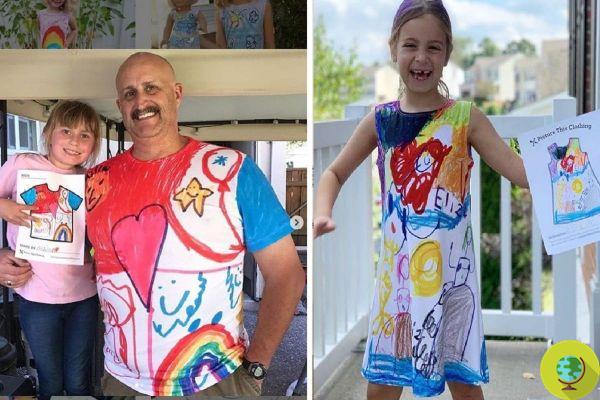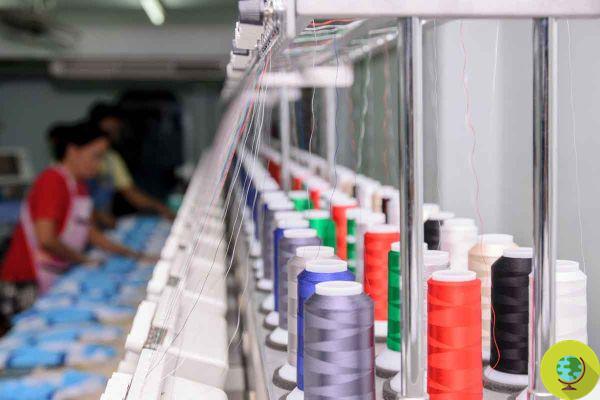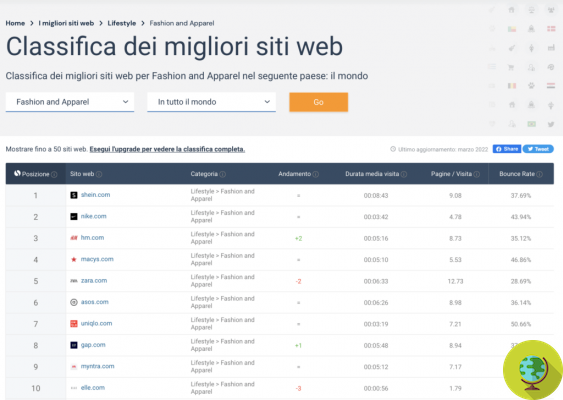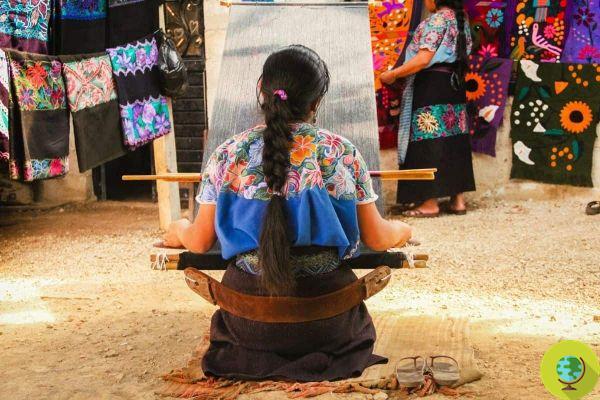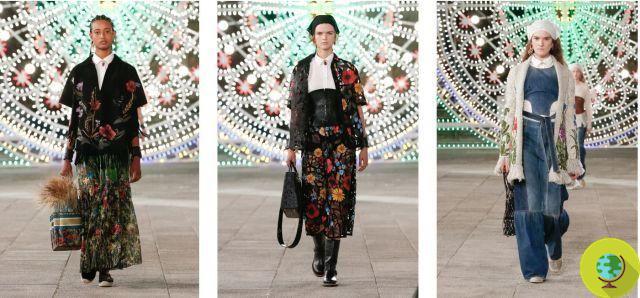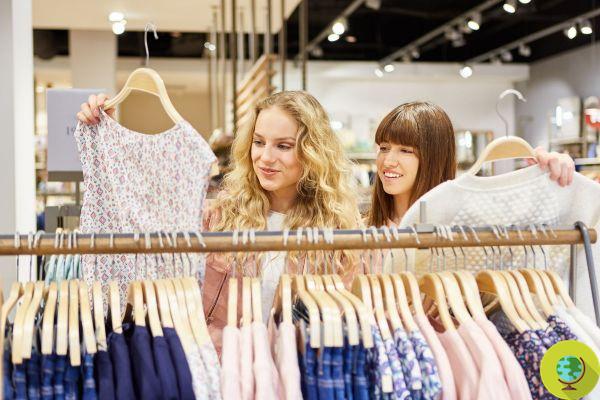
Oxfarm's Second Hand September campaign is back inviting us not to buy new clothes for a good cause
Don't store avocado like this: it's dangerousOxfam's Second Hand September campaign is back again this year, inviting us to reflect on the impact of our purchases and to buy used clothes instead of new ones
Thousands of liters of water are needed to produce a pair of jeans and a t-shirt, an amount a person drinks over 13 years. An impressive figure, which takes on even greater dimensions if we consider how many items of clothing each of us has in our closet.
Clothes that we may not even wear anymore and that will end up in landfills together with the 13 million clothes thrown away every week in the UK alone. These numbers are enough to understand how fast fashion - also known as disposable fashion - is unsustainable for the planet.
The "Second Hand September" campaign launched by the global charity Oxfam, in collaboration with British model and actress Sienna Miller, aims to reduce the impact fast fashion has on the environment, and asks all of us from do not buy new clothing for at least one month and to donate those that are no longer used.
In September, thanks to the sales and the change of season, clothing purchases increase: there are those who think about renewing their wardrobe in view of the cold season and those who take advantage of the discounts to accumulate clothes for next summer.
View this post on Instagram
A post shared by Oxfam GB (@oxfamgb)
A campaign to fight the fast fashion model
Sienna Miller and Oxfam therefore urge consumers to avoid compulsive shopping, to ask themselves what they really need and to shop in thrift stores, rather than large chains that offer low-priced and poor-quality clothing. Fast fashion indeed allows you to fill your wardrobe with trendy clothes at low prices, but it represents a threat to our planet.
The enormous environmental impact of disposable fashion derives from the philosophy behind this type of market: to offer cheap and low-quality clothing, which follows the dictates of fashion, so that consumers are forced to buy within a short time. new clothes, throwing away those purchased only a few months earlier because they are no longer current or excessively worn.
In this way, the fast fashion industry produces non-stop clothing that is not very durable, wasting an infinite number of resources and consumers are forced to continually renew their wardrobe, generating tons of waste. It is an endless vicious circle, which guarantees high profits to those working in the clothing sector and which causes a huge waste of resources, as well as the exploitation of thousands of workers.
The “Second Hand September” campaign invites us to reflect on the impact of our purchases and to get out of this mechanism, choosing second-hand clothes instead of new ones. by opting for one of the many charities.
View this post on Instagram
A post shared by Oxfam GB (@oxfamgb)
The hope is to convince as many people as possible to change their buying habits, to weigh their choices and to opt for the second-hand market for the sake of the environment and beyond: turning to second-hand shops also allows you to save money, as it is by no means rare to find unmissable bargains and buy tailored suits of excellent quality, insensitive to the passage of time, at bargain prices. Bargain hunting can be a very fun as well as sustainable experience!
Follow us on Telegram | Instagram | Facebook | TikTok | Youtube
Source: Oxfam
Read also:
- Fast fashion: the fake e-commerce with mega offers that reveals the "invisible" price of disposable fashion
- “Zara, H&M, Levi's have dyed the rivers of Africa blue”. The shock report on the dark side of fast fashion
- The interactive path that reveals the dark side of the garments you wear
- Sustainable fashion cannot ignore the recycling of clothes. The new Greenpeace dossier
- Toxic fashion: our clothes are second only to oil in pollution





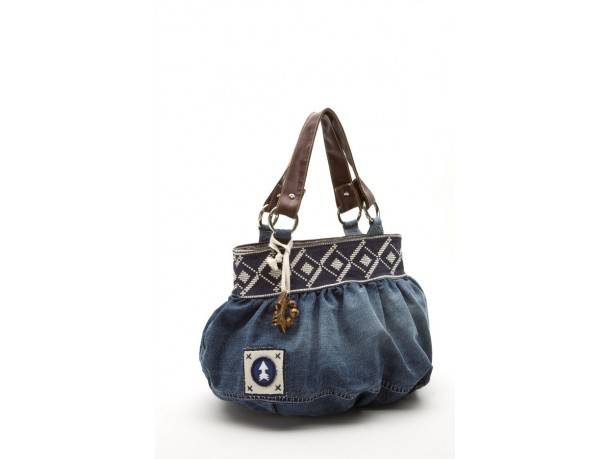

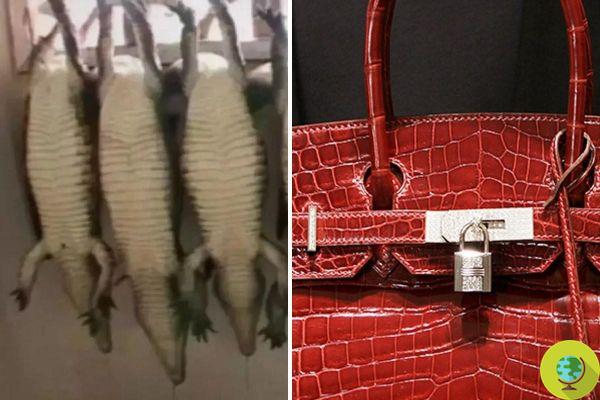
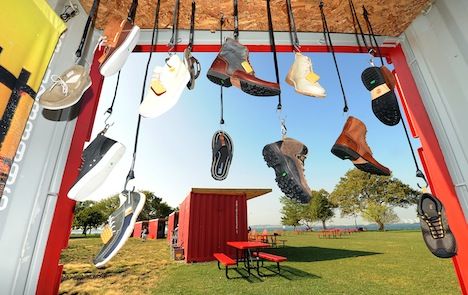

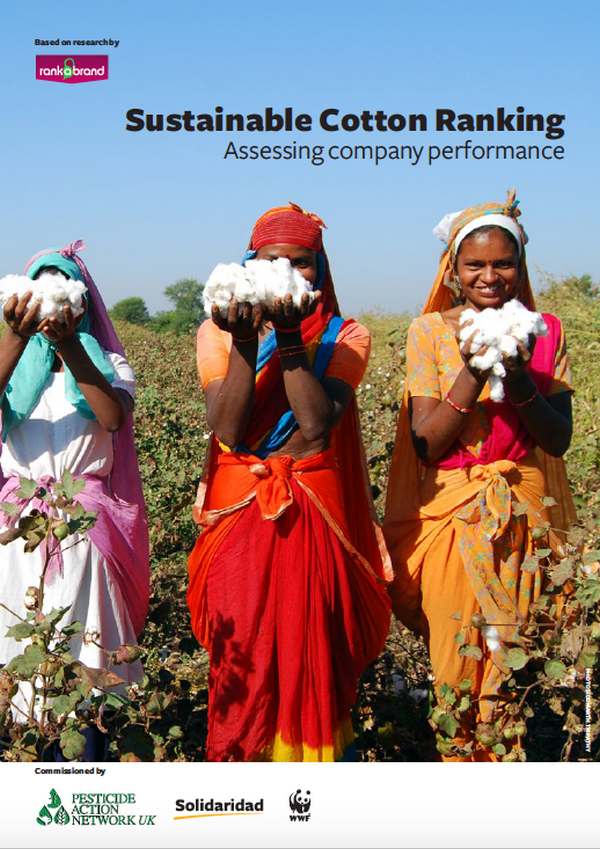

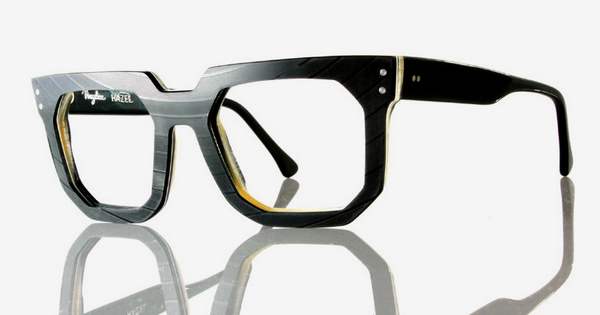
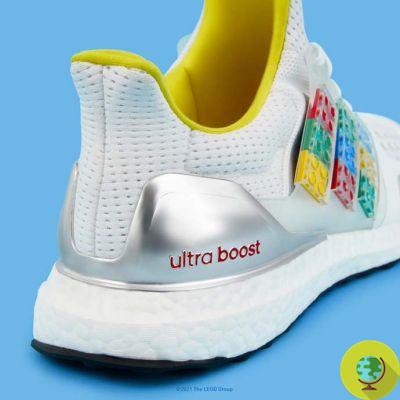

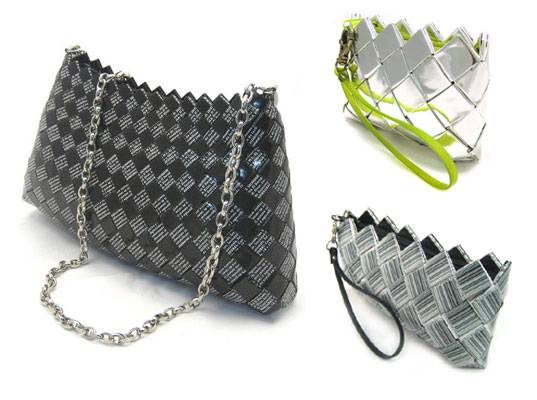


![Vivienne Westwood has a message for all the powerful ahead of COP26 [VIDEO]](/images/posts/221fa8f5dd2d21a4210e6b9071546b56-0.jpg)
